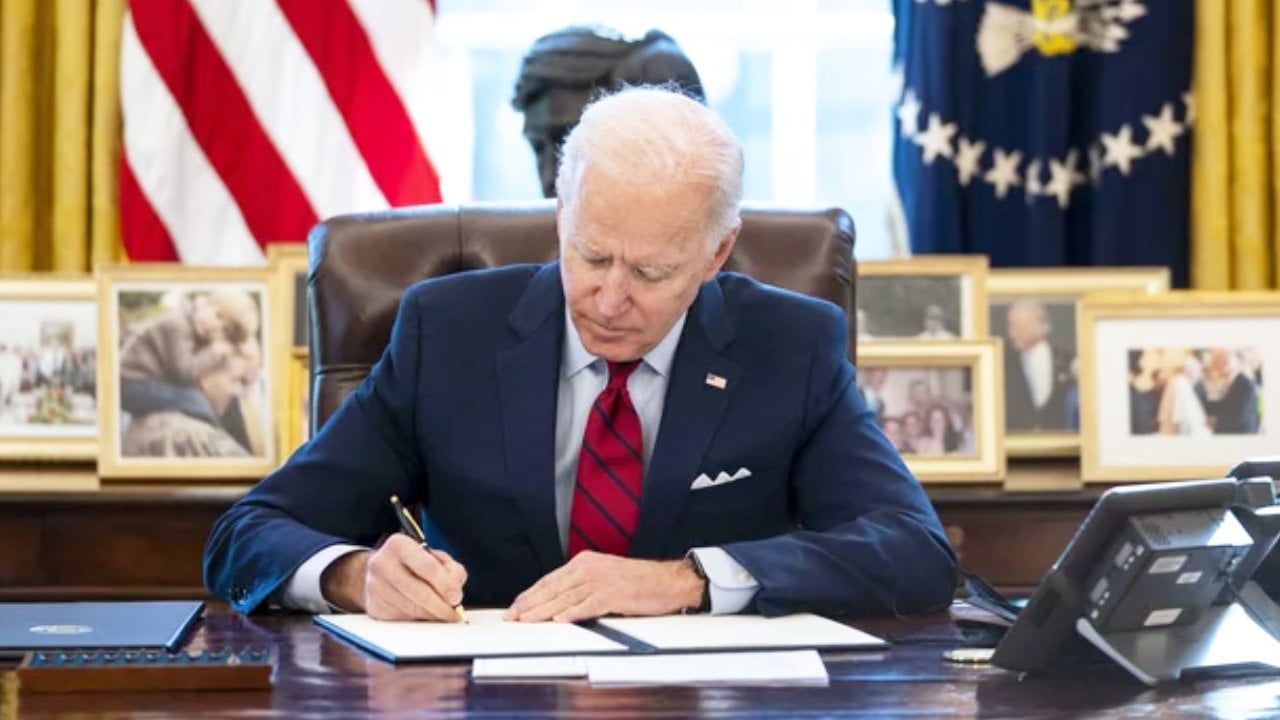
The founder of dYdZX argued that early-stage crypto projects can scale faster by ignoring U.S. customers, as they won't have to deal with the hassles of the U.S. regulatory climate.
Antonio Juliano, the founder of decentralized exchange dYdX thinks that crypto builders should forget about serving customers in the U.S. over the next five to 10 years, experiment in other markets and then return once the time is right.
In an Aug. 25 X (Twitter) thread, Juliano argued that builders should prioritize markets outside the U.S., as they will face fewer hurdles as they focus on platform growth and user adoption.
Juliano’s comments were particularly focused on startups as opposed to fully established platforms/businesses, as he emphasized that they could scale faster overseas in friendlier markets:
“Crypto builders should just give up serving US customers for now and try to re-enter in 5-10 years. It's not really worth the hassle/compromises. Most of the market is overseas anyways. Innovate there, find PMF [product market fit], then come back with more leverage.”
“In the grand scheme of things barely anyone uses or cares about crypto today. I personally don’t care about any outcome except growing crypto 100x+ long term,” he added.
Crypto is aligned with American values. What could be more American & capitalist than a financial system of the people, by the people, and for the people
— Antonio | dYdX (@AntonioMJuliano) August 25, 2023
That is literally what we’re building here. America will realize that eventually
Many in the industry have highlighted that the U.S. suffers from a lack of clear rules and regulations around crypto, with a key example of this being the gray area surrounding the jurisdiction of the Securities and Exchange Commission and Commodity Futures Trading Commission over the market.
As the U.S. government continues to drag its heels on establishing crypto regulation, Juliano suggested that the crypto sector needs to grow further so that it can have more sway on U.S. policy.
As such, he argues that it makes more sense in the meantime for builders or startups to focus on finding PMF overseas and then coming back with the “leverage” of large user bases.
“This does not mean crypto US policy work is not important. It absolutely is as it takes a really long time (must be ready for the re-entry) and much of the world will follow the US’s lead,” he said, adding that:
“Crypto not yet having world-scale usage/product market fit means we don’t yet have much influence in policy. We need to have products with massive usage where users (voters) say ‘wait, I need this’.”
Brian Armstrong, the CEO of Coinbase — a firm that has made several efforts to help drive crypto policy in the U.S. — responded to the post by offering a different point of view, as he noted that: “I see your point — but I think it will be better in a much shorter time. Probably by next year if I had to guess.”
Related: Does high US consumer debt benefit Bitcoin price?
“The U.S. always gets it right, after exhausting every other option. It will heal from these wounds, no matter how hard a small group of people try to stop progress,” Armstrong said.
I’m optimistic! And we’re helping our small part with policy too
— Antonio | dYdX (@AntonioMJuliano) August 25, 2023
I just think it’s different for startups vs scaled businesses. If you haven’t yet found strong product market fit the tradeoff to move faster & more freely seems worth the somewhat smaller market size
Wintermute CEO Evgeny Gaevoy also chimed in on the topic by agreeing with Juliano but stating that: “Only I think it will be either 2-3 years if crypto is successful or never if it is not.”
Magazine: Crypto regulation — Does SEC Chair Gary Gensler have the final say?




